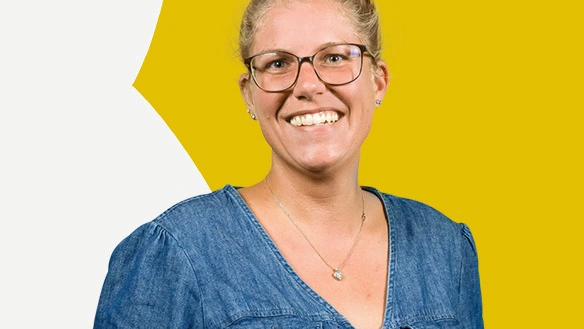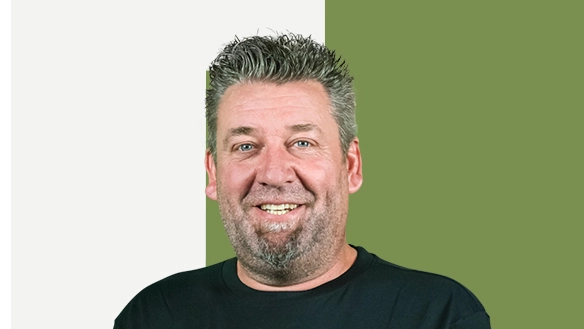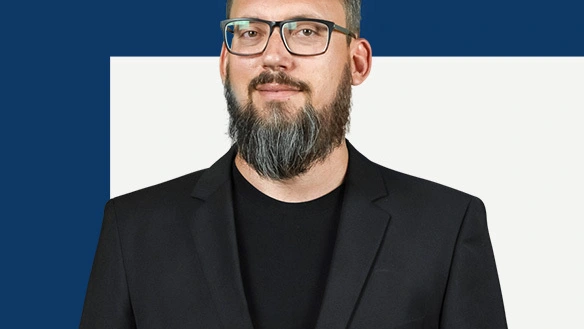The "distributor of work" (namely the entrepreneur) has work to distribute when the customers (the employers) buy the products and thus also the corresponding service. At BURRI, we are firmly convinced that we have arrived in the "Age of Know-How". It is no longer a question of turning man into the most efficient machine possible, as in Henry Ford’s production lines and the first mass-produced vehicles.
More so, it is about the optimal combination of the machines in the production halls with the knowledge and talents of the people that make up the company. Many different and maximally diverse perspectives are required to achieve tangible and effective results with "swarm intelligence". In our current VUCA world (volatility, uncertainty, complexity and ambiguity), the conditions are changing at exponential speed. Every day new technologies are being researched and political decisions are being made, and all the time natural events are occurring.
We are firmly convinced that the organic organisation is best placed to find enduring answers to the challenges of our VUCA world.
The shadow organisation
The shadow organisation aligns itself with whoever has actual authority in the matter at hand and not with the position of the person in the overall hierarchy. Accordingly, leadership is not always present at the respective hierarchical level. Again and again, structures and processes are sidestepped because entrepreneurial employees who identify with their tasks pursue them in the interests of the customer and ultimately for the benefit of the company.
As a rule, an employee will only be introduced to the shadow organisation after the probationary period, and it often takes months or even years to get a glimpse behind the curtain. Not everyone is permitted into this space. However, to be successful in the long term, it is essential to be allowed in and to belong. If you are excluded from the informal flow of information at the decisive moment, you’re lost.
However, if you do belong, informal paths will suddenly begin to appear: people who actually make the decisions although others sign off on them. Sometimes, entire parts of an organisation can collapse if a decision-maker from the shadow organisation leaves the company and the "official" organisational chart does not reflect their true role.
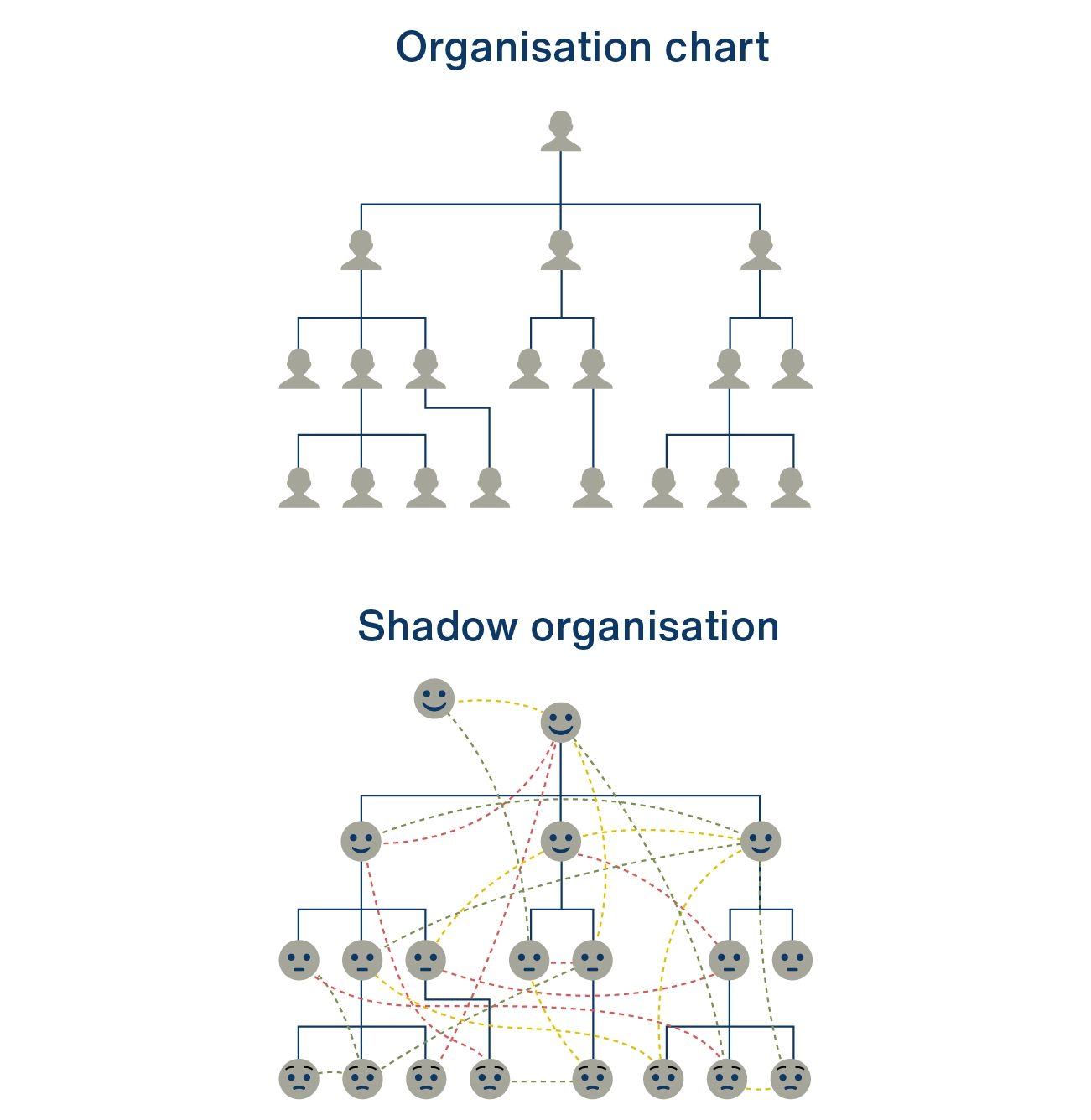
Technical reality
In technology, we speak of so-called "closed systems" that control or regulate a process without human influence. As soon as people are involved, it is a complex, open system that can change, but can also be self-learning.
Nevertheless, there are still companies today that are managed according to the input-output principle - by issuing orders. Other organisations focus on predictability and security through pure process rules. In both cases, there are shadow organisations. Technology knows it, but business management has forgotten it: all systems in which people are involved are open, complex systems.
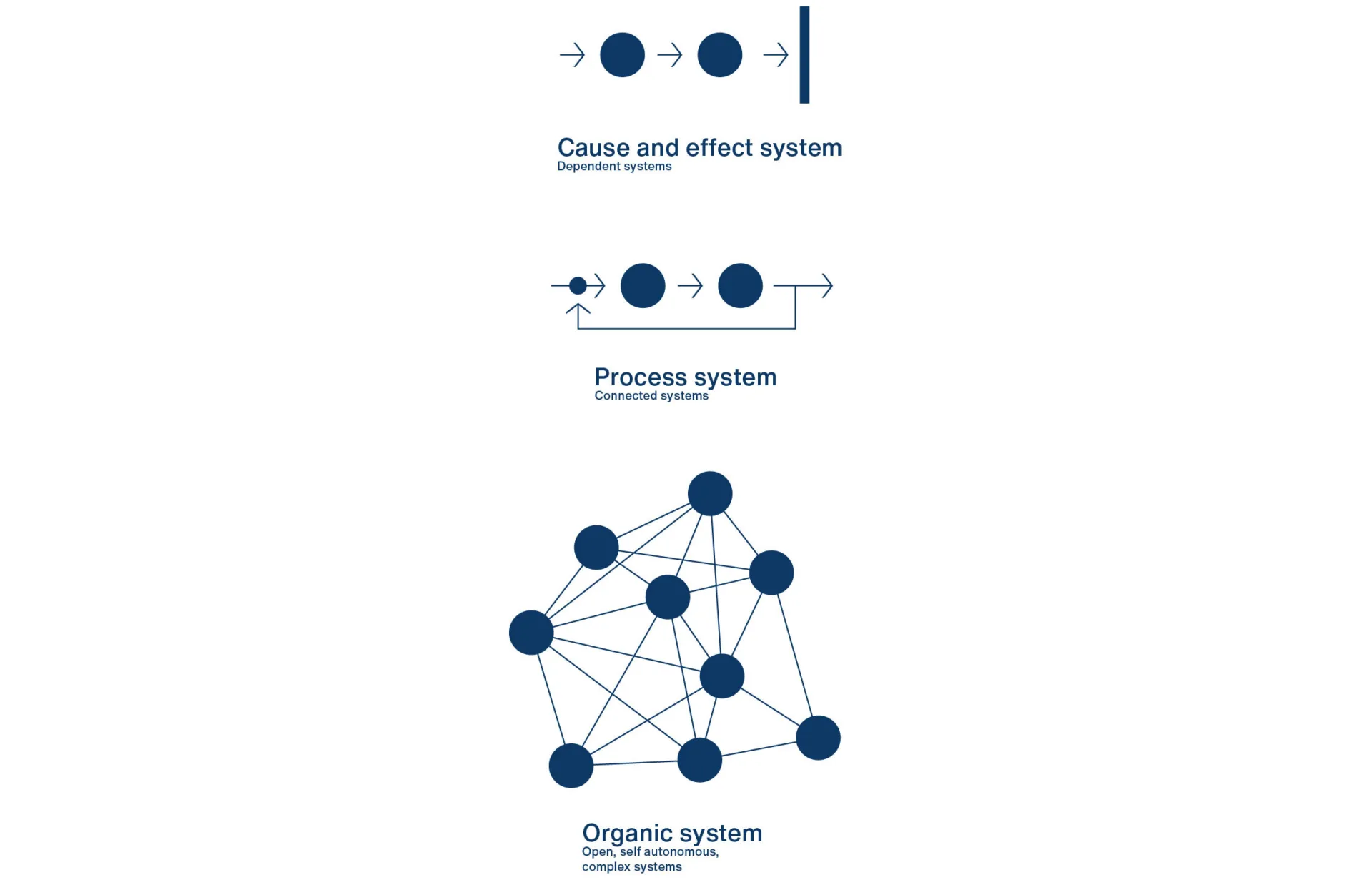
The organic organisation abolishes hierarchy
Die Organische Organisation schafft die Hierarchie ab und ist stattdessen ganz der Autorität verpflichtet.
The organic organisation is created by officialising the shadow organisation: The real activities of people at work are cast in role models. At the same time, financial controlling becomes "financial informing", a weather station.
The basis for the organic organisation is the human image of "Homo Curiosus".
The most important elements are:
- Differentiation instead of judgement
- Attitude before behaviour
- Learning zone instead of stress zone
- Diversity is resilience
These principles are supplemented by the mission statement with values, mission and vision of the respective company. This forms the basis for the culture on which the organic organisation is nourished and aligned.
